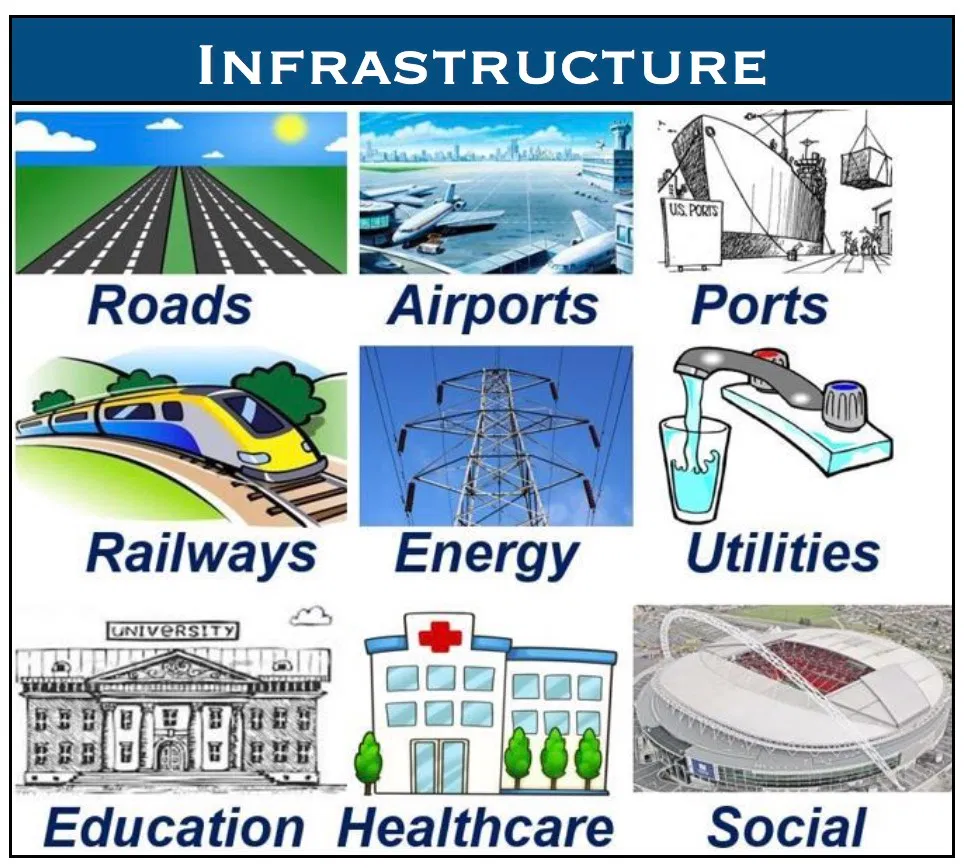Tariffs, Quotas, and Multinational Companies (26.2)
- Thiago Casarin Lucenti
- Oct 14, 2025
- 3 min read
Chapter 26, Business and The International Economy
Learning Objective: To understand the differences and impacts of tariffs and quotas
Today we will start diving in to tariffs, quotas, and how governments try to attract multinational companies as well as the benefit they bring to a country's economy.
Tariffs are nothing but taxes to be paid on imported or exported goods:

- Governments choose to increase tariffs on imported goods so that the price of imported goods is higher making it possible for local business to remain competitive as well as to increase government tax income
- Governments might also increase tariffs on exports - specially of essential goods (e.g. food) so that local citizens have enough of it before it's exported.
Quotas, on the other hand, are physical limits on the quantity of the goods that can be imported and exported:

- Quotas serve the same purpose as tariffs: protect local businesses from cheaper imports and control the amount of international trade.
- Why should local businesses be protected?
Jobs;
More options to local customers (competition);
Tax income.
For a country's economy it is obviously better to attract multinational companies to set up their operations locally rather than simply importing goods.
There are a variety of factors that multinational companies consider when choosing a country to setup operations:
Economic Factors:

- Few/less restrictions on investments making it easier to establish operations;
- Tax incentives are oftentimes provided by host countries willing to attract investment;
- Stable exchange rate (currency) which allows for lower risk and increased profits.
Social and Political Factors

- Safety and security: MNCs consider how safe their assets and employees are on the host country;
- Productivity of the workforce impacts the efficiency and the overall business costs and therefore is carefully considered when picking a host country;
- Political stability and legal controls are also of key importance to MNCs.
Infrastructure Factors:

- Transportation and communication such as roads, railways, ports, IT network - all of which impact the business efficiency and costs;
- Reliable power supply with as little downtime as possible.
Operational Factors:

- Cost to set up operations (factory/office) will directly impact on the MNC's profits;
- Location opportunity: to be close to suppliers, resources, sales outlets, customers - all of which impact costs;
- Availability of reliable suppliers: price and production efficiency are closely dependent on suppliers.
Thinks about the four main categories of factors MNCs consider when choosing a host country:
Economic Factors: restrictions, tax incentives, exchange rate;
Social and Political Factors: safety and security, workforce productivity, political stability and legal controls;
Infrastructure Factors: transportation and communication, reliability of power supply;
Operational Factors: set up costs, location (suppliers, resources, customers), availability of reliable suppliers.
Do you think Mongolia offer most, some, few, or none of the required factors mentioned? Please do your reflection before carrying on!
You can see: MNCs are very demanding on their requirements for a host country.
Are there benefits for a country to go through the trouble of providing those to attract MNCs?

- Increased Employment Opportunities:
Governments are willing to offer incentives to MNCs so that they setup operations in their countries - specially in high unemployment areas.
- Increased Quality and Options:
MNCs bring competition to the local market.
Competition can be positive as it forces other businesses to increase quality, decrease prices, as well as it increases the array of product options.

- Increased Country's Reputation:
When a large enterprises chooses a host country it shows the world and other MNCs that the country has a positive economic and regulatory environment.
It helps attracting further foreign investment and other MNCs.

- Increases Knowledge-Sharing Opportunities:
The workforce will be exposed to new techniques and knowledge - improving the country's workforce productivity;
Local businesses will benefit from more skilled workforce for their own development.
- Development and Improvement of Local Infrastructure:
It's common for large MNCs to invest in transportation and communication in the host country.
Such investments will attract other MNCs as well as benefit the local society.

- Increased Tax Income and Government Investments:
Health, education, and other investments can be raised benefiting the local society.

- Improves the Country's Balance of Payments:
Goods that were previously imported are now produced by the MNC locally (reducing imports);
MNCs have global presence and therefore might export their production to neighboring countries (increase exports).
Beware: not everything are flowers and butterflies - MNCs can also bring drawbacks to their host countries!
To-Do-List:
Complete Activity 26.2 (p. 331)
Chapter 26, Business and The International Economy



Comments